
B.C. Election: Tensions Flare in Radio Debate as NDP and Conservatives Clash over Critical Issues
2024-10-02
In a heated radio debate held at CKNW studios in Downtown Vancouver, British Columbia's political leaders made their positions clear on pressing issues like the healthcare crisis and rising cost of living. NDP Leader David Eby, Conservative Leader John Rustad, and Green Leader Sonia Furstenau faced off, moderated by Mike Smyth, igniting a passionate discussion that brought to light deep-seated differences in their policies.
From the outset, Eby accused Rustad of ignoring climate science and aligning himself with candidates who promote conspiracy theories. Rustad countered, claiming Eby's administration is dodging responsibility for the province’s faltering healthcare system, public safety concerns, and the ongoing affordability crisis.
Furstenau shifted the focus to her party’s new policy proposals, which include nearly doubling income assistance, providing free transit, and creating a well-being framework intended to prioritize citizen welfare over mere economic growth. However, both the NDP and Conservative parties have yet to unveil comprehensive platforms, with Eby and Rustad making sweeping promises as they campaign across the province. The NDP has proposed an immediate income tax cut for families, while the Conservatives have introduced a “Rustad Rebate” targeting up to $3,000 monthly for mortgage or rental payments, albeit with a delayed rollout set for 2029.
Eby criticized the Conservative plan as a "long wait," while Rustad defended it, asserting it would be implemented by 2026 and highlighting that the NDP has raised numerous taxes since 2017.
Furstenau lamented the ongoing deterioration of housing and healthcare services, asserting that both major parties have contributed to the increasing financialization and privatization in B.C. On renewable energy, she argued for a shift towards sustainable sources, including wind and solar power, while eliminating subsidies for fossil fuels.
The candidates also tackled the healthcare crisis, with Rustad citing issues like closures of emergency rooms and long wait times even after significant government spending. He advocated for a "patient-centered care" model, which would utilize public funds to facilitate access to private healthcare, reminiscent of successful systems in Europe. Eby, on the other hand, attributed the challenges to a critical shortage of healthcare professionals and emphasized the NDP's ongoing efforts to train and retain essential staff.
Addressing the ongoing toxic drug crisis, Rustad and Eby focused on compulsory treatment options, whereas Furstenau stressed the necessity for supportive housing and expanded harm reduction strategies. Both Eby and Furstenau took issue with Rustad's proposal to convert safe consumption sites into treatment facilities.
The debate also delved into Indigenous rights, with Rustad and the others debating bail reform and the future of the Declaration on the Rights of Indigenous Peoples Act. Eby and Furstenau argued against Rustad's approach, cautioning that it could lead to renewed tensions with First Nations. Rustad defended his record on Indigenous relations, boasting of signing over 400 agreements while serving as the minister responsible.
As the election approaches, the urgency around these discussions is palpable, with both leaders bracing for an upcoming debate hosted by the Greater Vancouver Board of Trade later in the day. The stakes are high, and voters remain eager to see which party will offer viable solutions to the myriad challenges facing British Columbians.
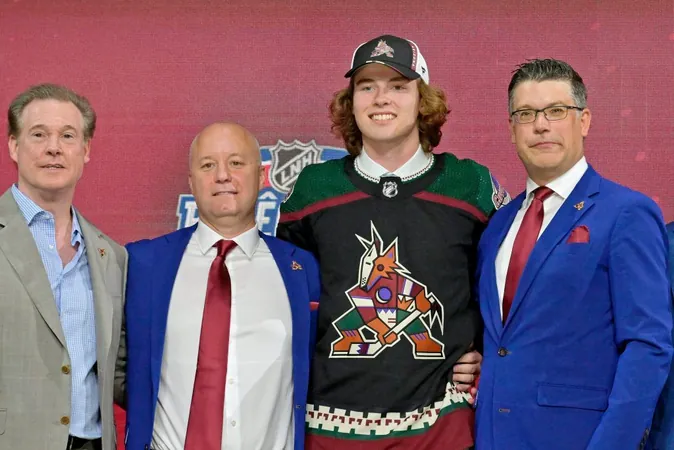

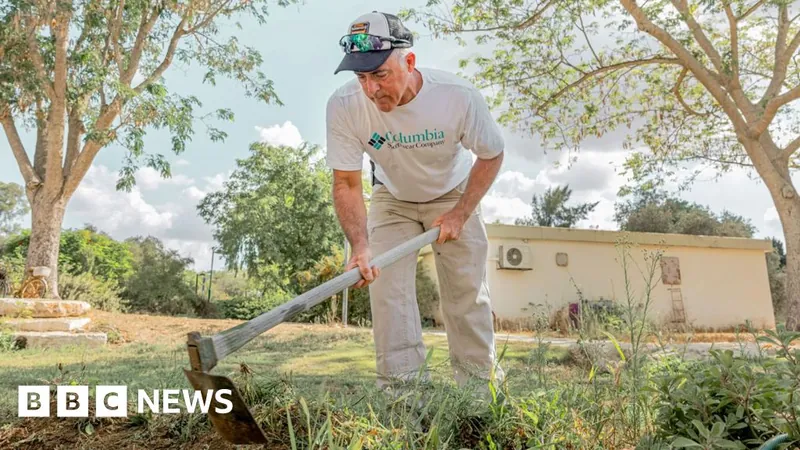
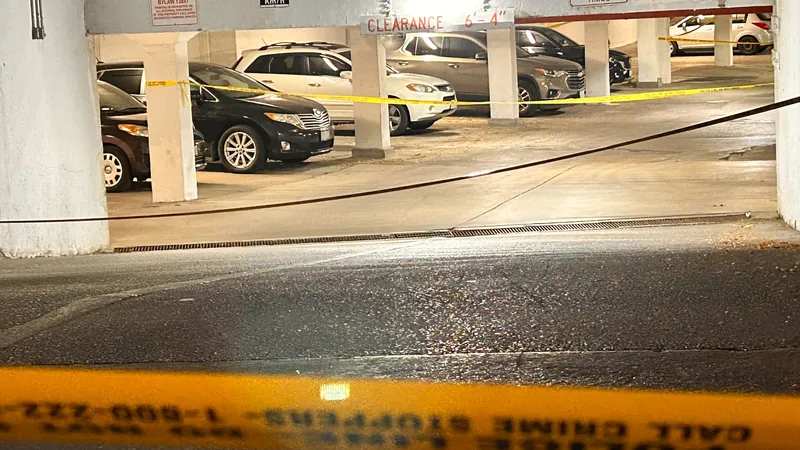


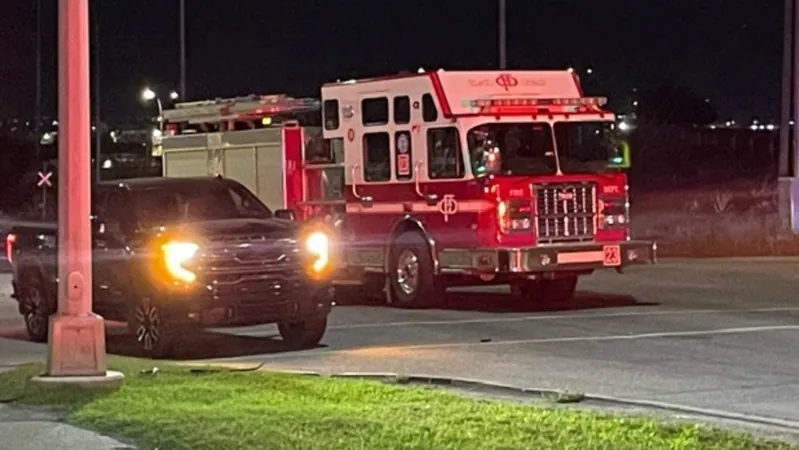
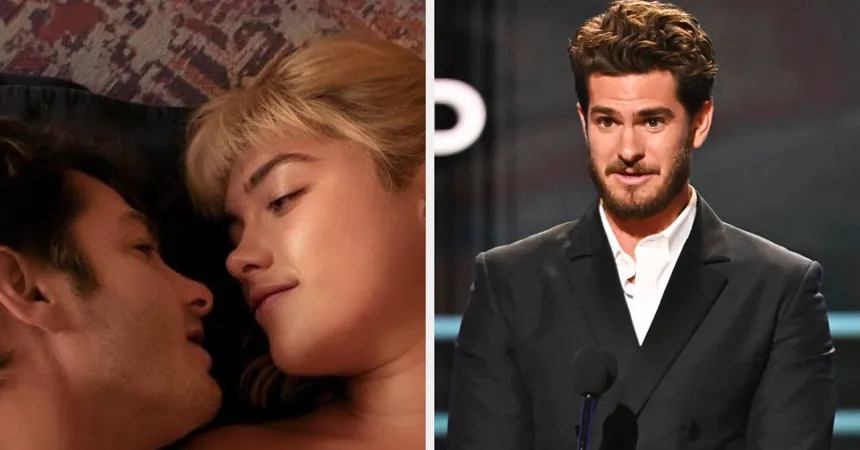
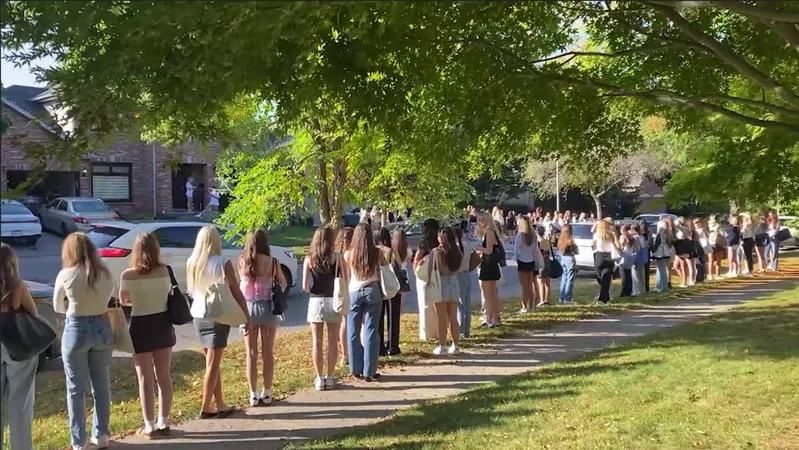
 Brasil (PT)
Brasil (PT)
 Canada (EN)
Canada (EN)
 Chile (ES)
Chile (ES)
 España (ES)
España (ES)
 France (FR)
France (FR)
 Hong Kong (EN)
Hong Kong (EN)
 Italia (IT)
Italia (IT)
 日本 (JA)
日本 (JA)
 Magyarország (HU)
Magyarország (HU)
 Norge (NO)
Norge (NO)
 Polska (PL)
Polska (PL)
 Schweiz (DE)
Schweiz (DE)
 Singapore (EN)
Singapore (EN)
 Sverige (SV)
Sverige (SV)
 Suomi (FI)
Suomi (FI)
 Türkiye (TR)
Türkiye (TR)